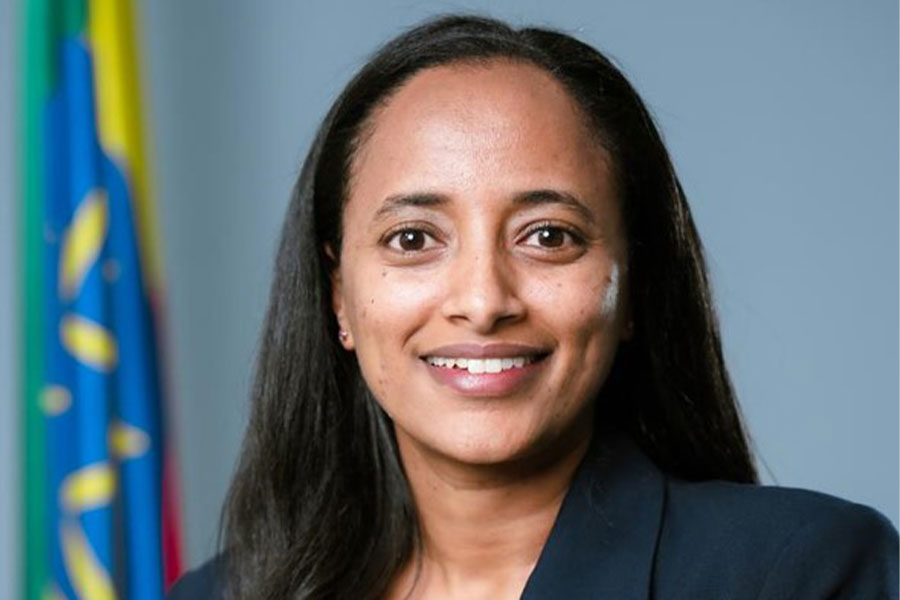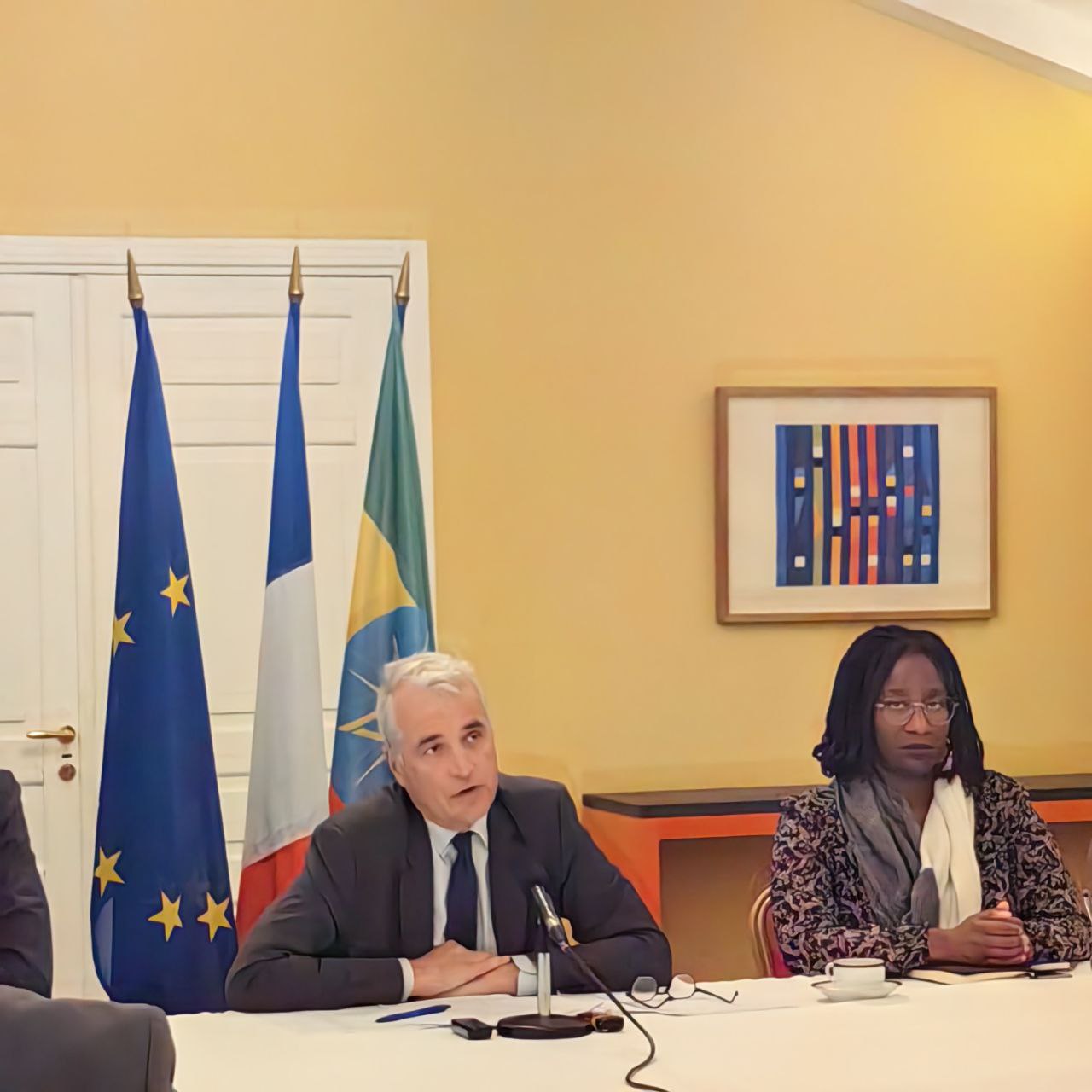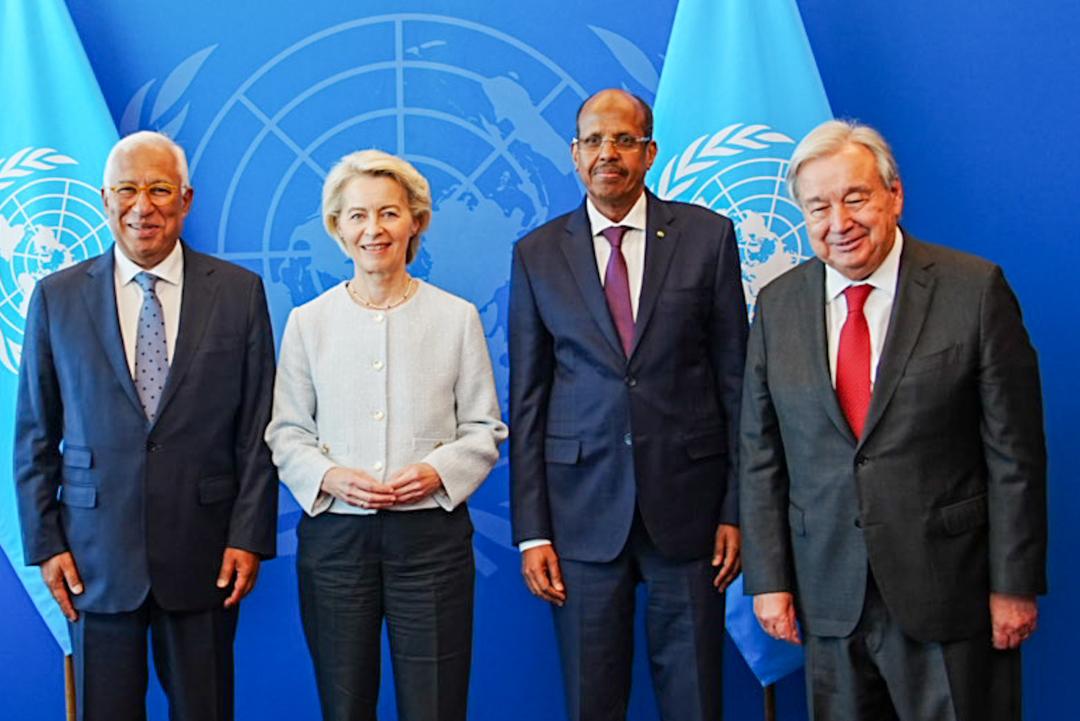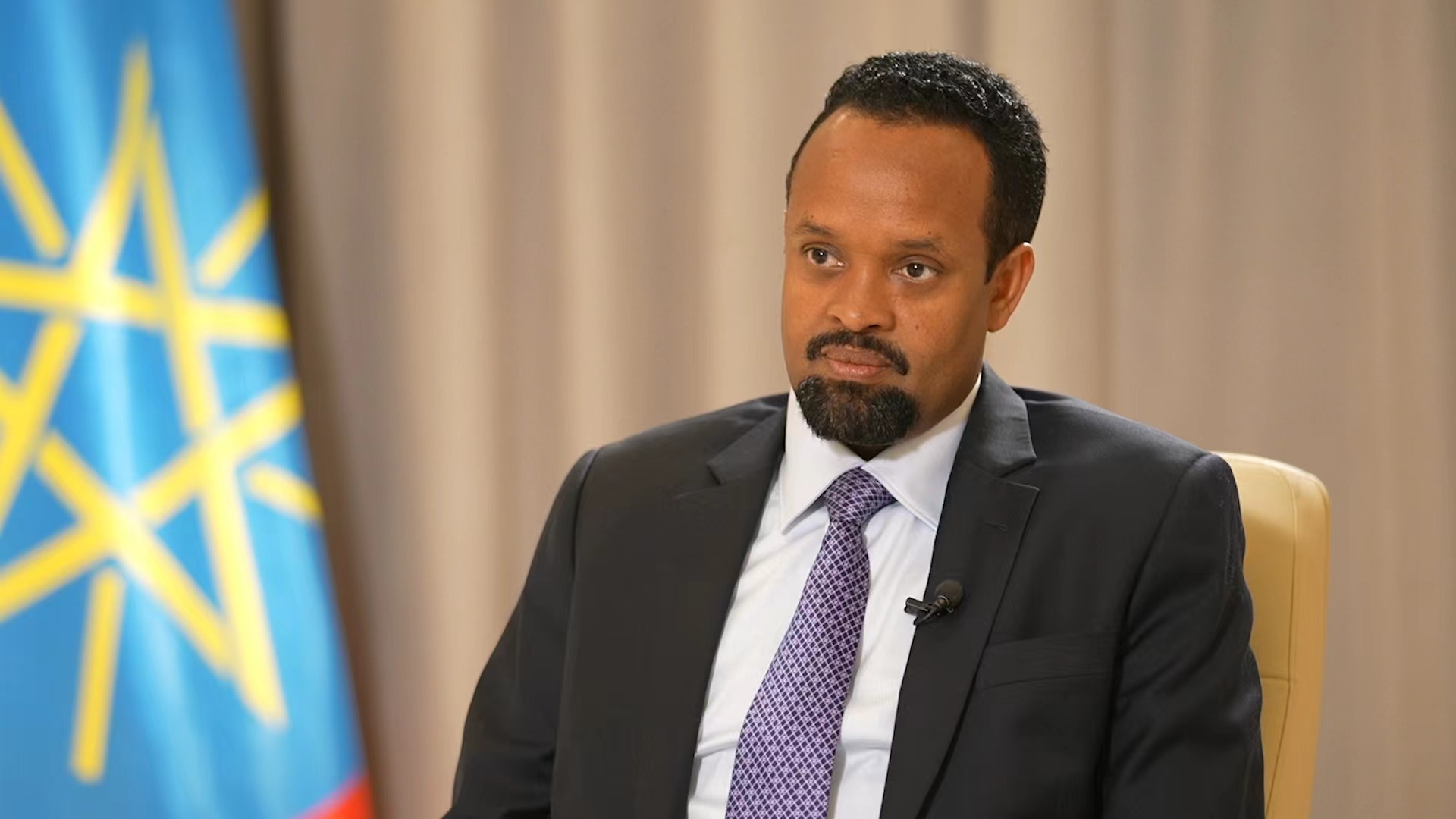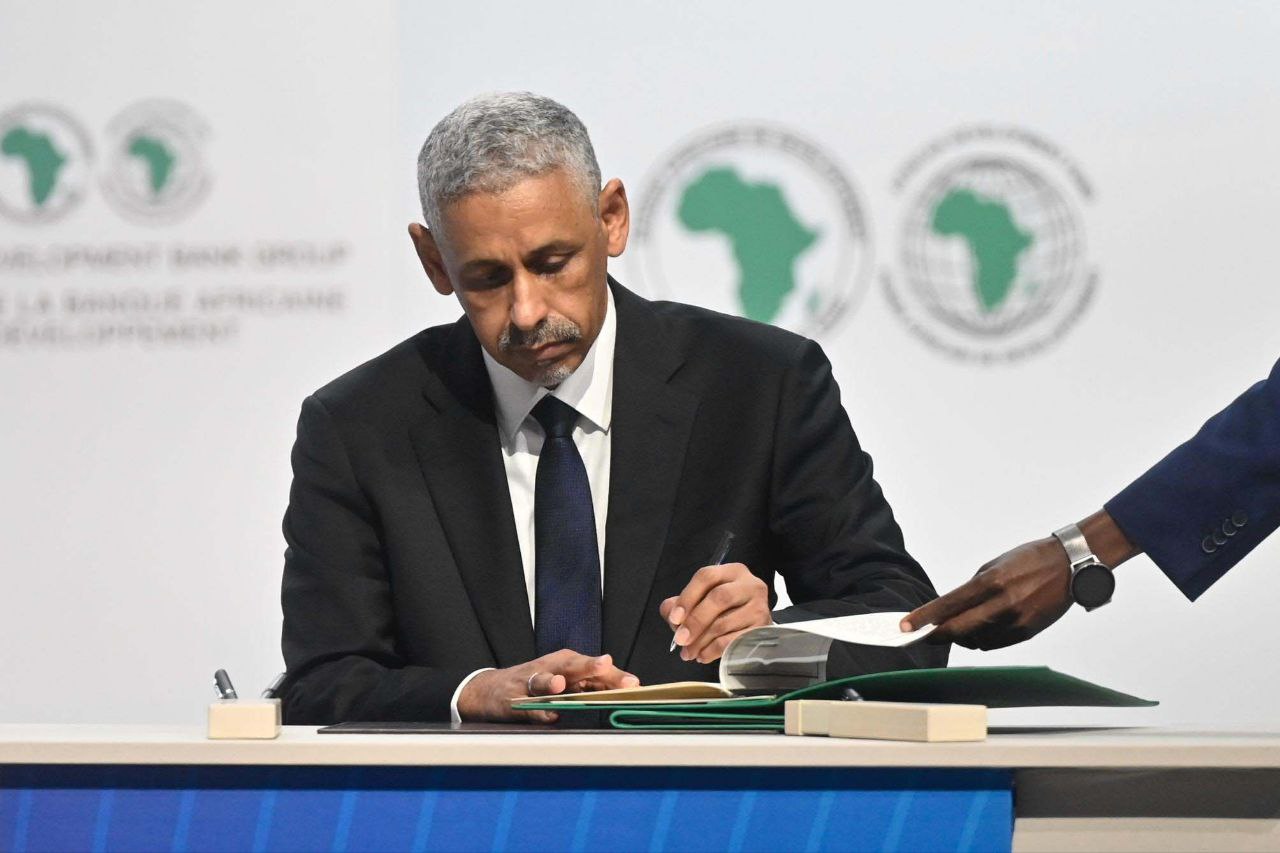Ethio Telecom to Deliver Billions in State Payouts Under New Three-Year Plan
BaseLine Team
26 Aug, 2025

State-owned Ethio telecom plans to transfer 253 billion birr in taxes and 111.3 billion birr in dividends to the government over the next three years as part of its new Next Horizon strategy. This makes the company as much a fiscal instrument as a digital one, underscoring its role as a key source of state revenue.
Under the sovereign wealth fund Ethiopian Investment Holdings, the telecom operator's payouts look less like shareholder returns and more like sovereign lifelines, at a time when Ethiopia is battling inflation and carrying a strained budget.
Revenue Ambition: Ethio telecom is chasing 842.3 billion birr in revenue by 2028, up 154% from the last cycle.
This Year’s Target: Executives aim for 235.8 billion birr in revenue and 76 billion birr in pre-tax profit, a 260% jump.
EBITDA Margin: Projected at nearly 48%, showing it expects telecom to stay a cash machine.
Ethio telecom, which has more than 83 million subscribers, is planning an aggressive network expansion. The company aims to raise 4G coverage to 85% of the population, extend 5G to 10 additional cities, and build 1,228 new mobile sites, including 322 in rural areas.
The company is looking to diversify revenue streams. Its mobile money platform, Telebirr, is expected to grow to 62.5 million users this year, processing 4.43 trillion birr in transactions. The service is projected to generate 8.5 billion birr in revenue, nearly double last year’s figure.
Other priorities include investment in cloud services and data centers, rollout of 3.5 million new customer devices, and energy efficiency initiatives such as converting 500 sites to solar and hybrid power this year.
The strategy comes as Ethiopia continues telecom liberalization, with new operators and fintech providers expected to increase competition. Ethio telecom acknowledged risks including inflation, foreign exchange shortages, and regulatory costs tied to spectrum and quality-of-service requirements.
Despite these pressures, the operator remains the country’s largest source of digital infrastructure investment. Its planned payouts to the treasury highlight both its central role in Ethiopia’s digital transformation and the government’s fiscal reliance on the company.


